ILLINOIS – Toll costs for Illinois truck drivers could rise 30% by 2027 under a new transit funding bill approved by state lawmakers last month.
Lawmakers passed Senate Bill 2111 on Oct. 31, and it now awaits Gov. J.B. Pritzker’s approval. The legislation, known as the Northern Illinois Transit Authority Act, outlines toll increases for most drivers and introduces new sales taxes in the Chicago region to support public transit investments.
One section of the bill states: “To the extent consistent with the Toll Highway Act and the provisions of any outstanding bond indentures, tolls for passenger vehicles shall be increased by 45 cents, with proportionate reductions for reduced fare programs, and tolls on commercial vehicles shall be increased by 30% effective on January 1, 2027.” It also allows biennial increases of up to 4% beginning in 2029.
For passenger vehicles, the increase is modest—a flat 45-cent hike for each toll crossing.
For commercial vehicles, including semi-trucks, tolls would climb by 30% per crossing.
According to Illinois Tollway, truck tolls currently range from under $2 to more than $16 depending on the plaza, time of day, and truck size. A 30% hike could add as much as $5 per crossing.
Revenue from the increases is expected to generate more than $1 billion annually for public transit agencies in northern Illinois, helping prevent service cuts and fare hikes for bus and rail riders.
Gov. Pritzker has not yet signed the bill but offered supportive comments on Oct. 31:
“Illinoisans deserve a world-class transportation system that connects communities across regions, drives economic growth, and helps every resident – no matter where they live – access transit to live, work, and enjoy the state. I am grateful for the work by leaders in both chambers of the Illinois General Assembly in taking steps to make this vision a reality.
“The legislation makes important changes to how Illinois operates and manages our transportation network, including investing in new capital projects that will make our public transit and tollways more modern, efficient, and reliable for riders. I am pleased the legislation also avoids new broad-based state taxes on Illinois working families. Instead, it directs existing state revenue streams to flow towards public transit systems while enabling independent bodies like the Regional Transportation Authority and Tollway Board to decide how to best meet their users’ needs.
“I look forward to signing it into law and ensuring fiscal responsibility, fairness across the state’s transportation networks, and world-class transit that keeps Illinoisans moving forward.”
With the governor’s approval, the tolling changes would take effect Jan. 1, 2027.
This article has been carefully fact-checked by our editorial team to ensure accuracy and eliminate any misleading information. We are committed to maintaining the highest standards of integrity in our content.


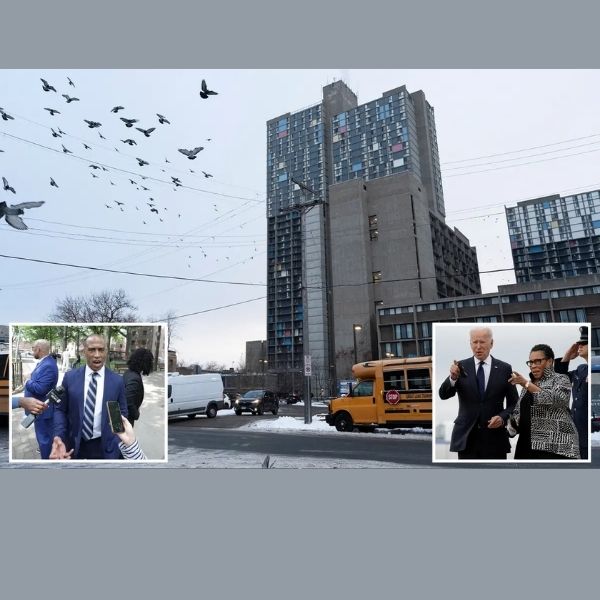
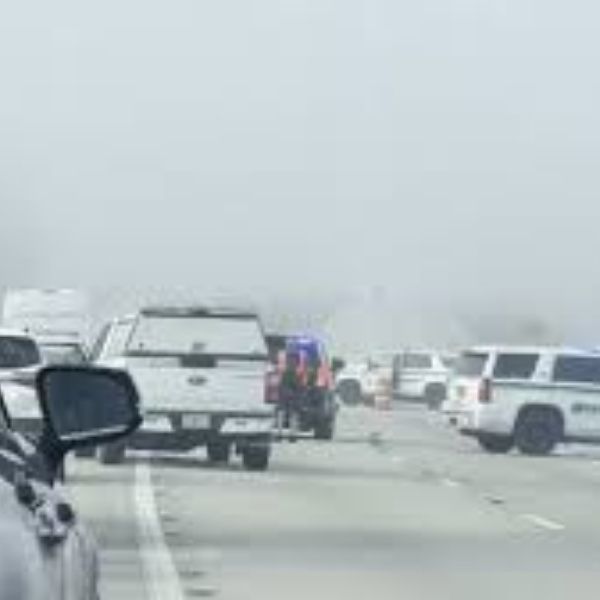



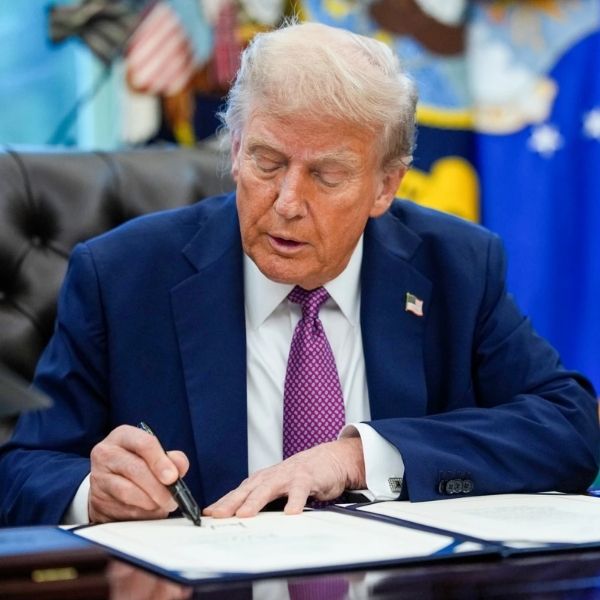

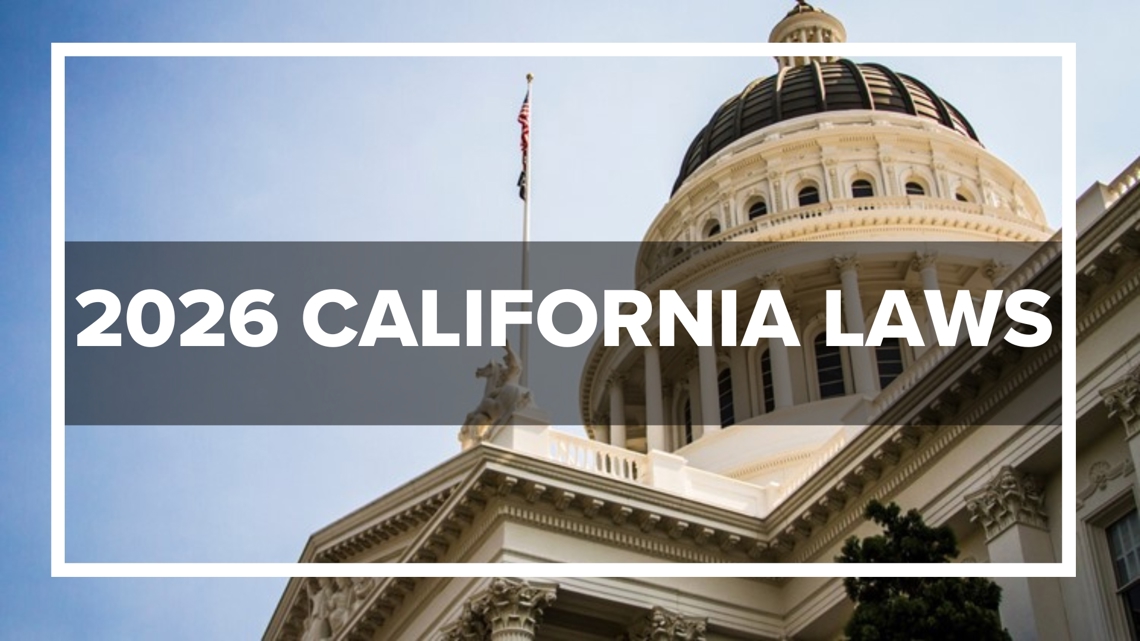
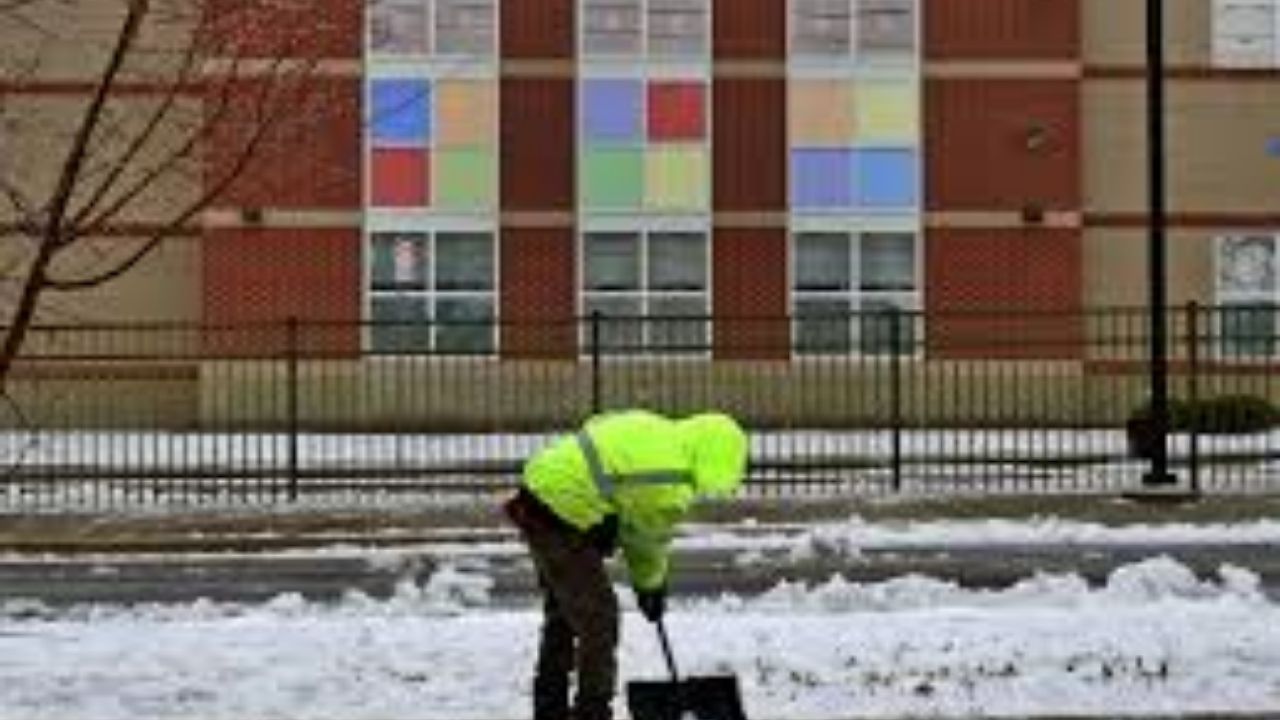



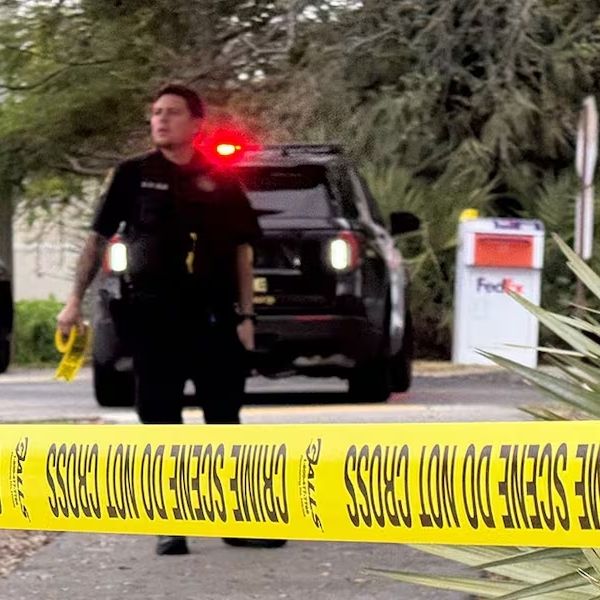
Leave a Reply